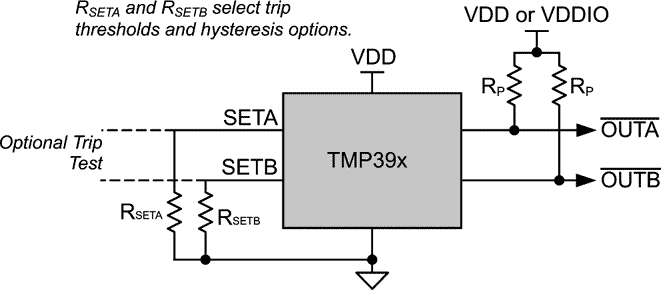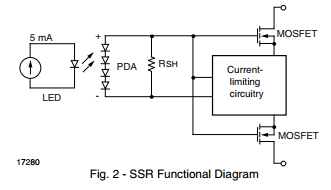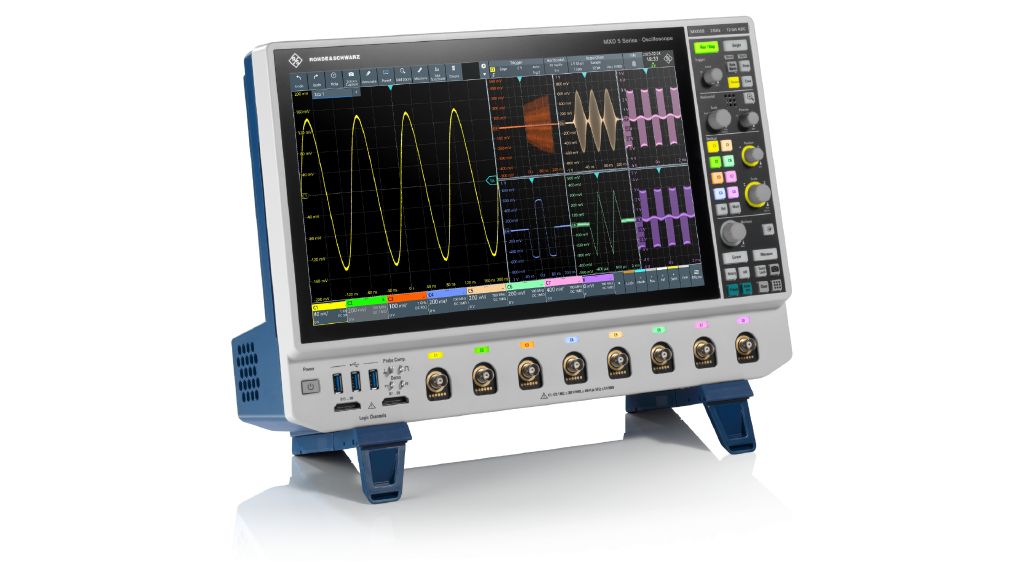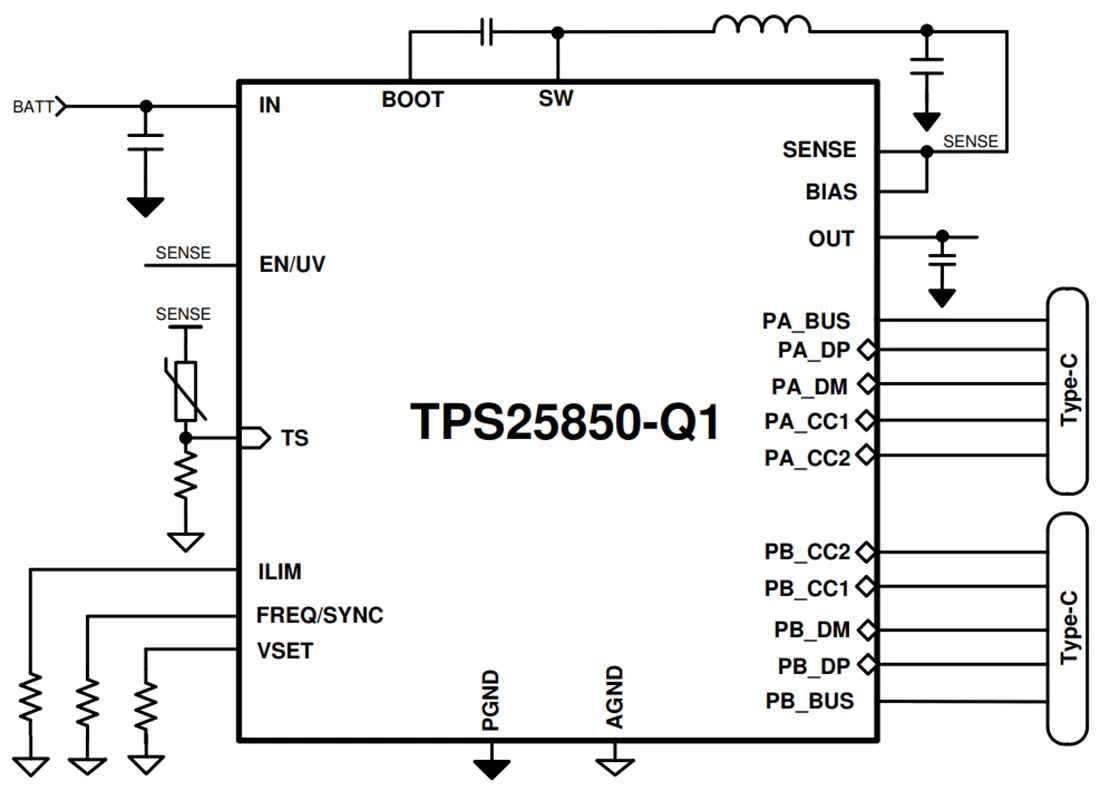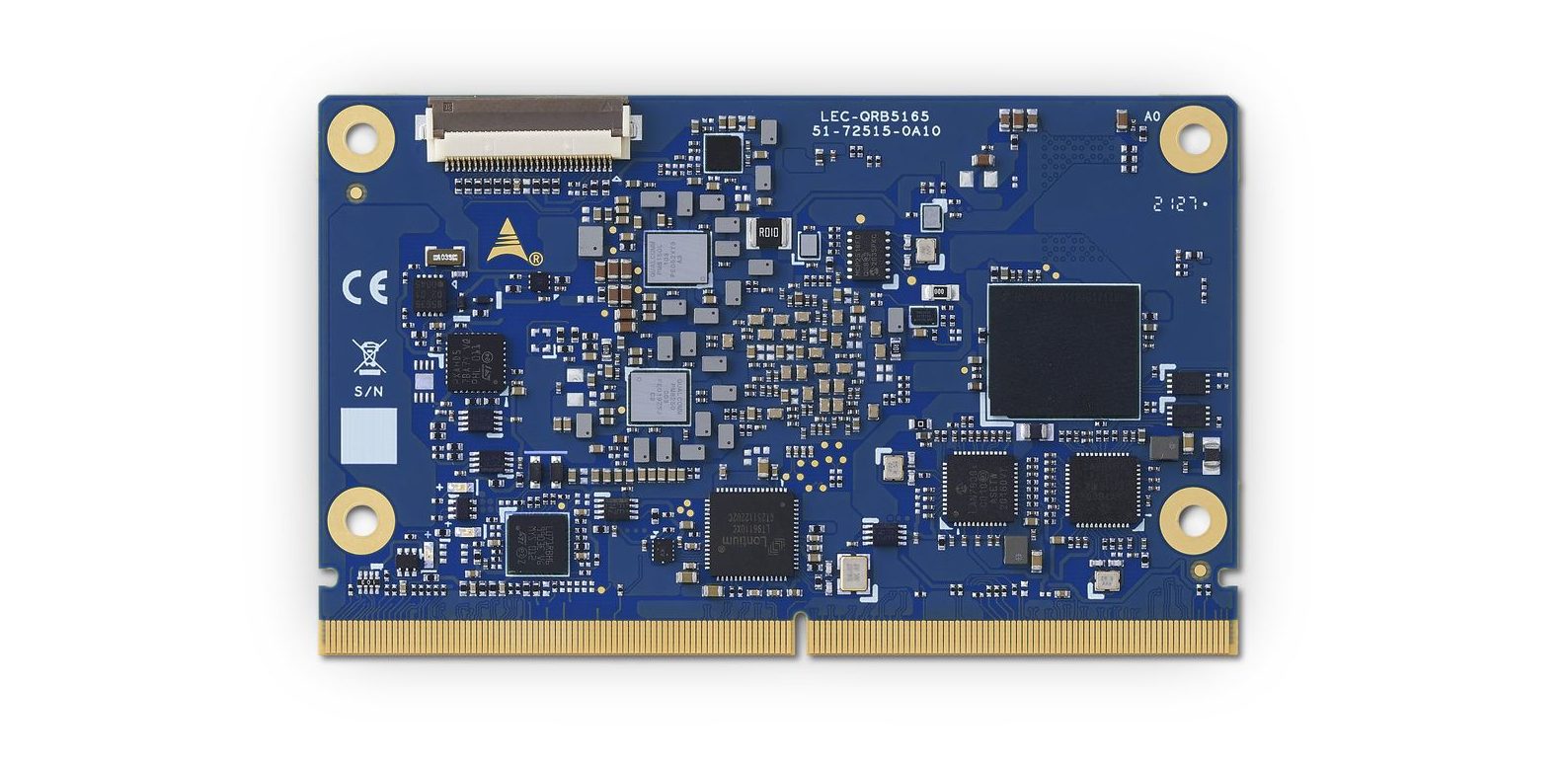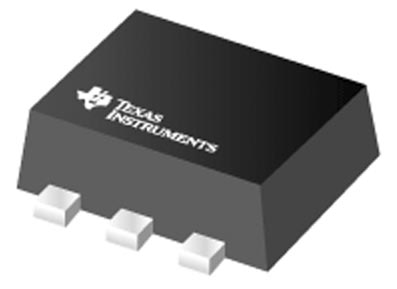
A New Dual Channel Temperature Sensor With Resistor Programmable Temperature Switches
Texas Instruments has announced a new IC that is a part of family of ultra-low power, dual channel, resistor programmable temperature switches that enable protection and detection of system thermal events from –40 °C to 125 °C. The TMP390-Q1 offers independent overtemperature (hot) and undertemperature (cold) detection. The trip temperatures (TTRIP) and thermal hysteresis (THYST) options are programmed by two E96-series resistors (1% tolerance) on the SETA and SETB pins. Each resistor can range from 1.05 kΩ to 909 kΩ, representing one of 48 unique values.
The values of the resistor to ground on SETA input sets the TTRIP threshold of Channel A. The value of the resistor to ground on SETB input sets the TTRIP threshold of Channel B, as well as the THYST options of 5 °C, or 10 °C for both channels, to prevent undesired digital output switching. Resistors accuracy has no impact to TTRIP accuracy.
To enable customer board-level manufacturing, the TMP390-Q1 supports a trip test function where the digital outputs are activated by exercising the SETA or SETB pin.
Features
- AEC-Q100 qualified with the following results:
- Temperature grade 1: –40 °C to +125 °C operating temperature range
- Resistor programmable temperature trip points and hysteresis options
- Resistor tolerances contribute zero error
- Hysteresis options: 5 °C, and 10 °C
- Separate outputs for overtemperature or undertemperature detection
- Channel A (overtemperature): +30 to +124 °C, 2 °C steps
- Channel B (undertemperature): –50 to +25 °C, 5 °C steps
- Accuracy without calibration
- ±1.5 °C (maximum) from 0 °C to +70 °C
- ±3.0 °C (maximum) from –40 °C to +125 °C
- Ultra-low power consumption: 0.5 μA typical at 25 °C
- Supply voltage: 1.62 to 5.5 V
- Open-drain outputs
- Trip test function enables in-system testing
- Available in an SOT-563 (1.60-mm × 1.20-mm), 6-pin package
more information: www.ti.com





